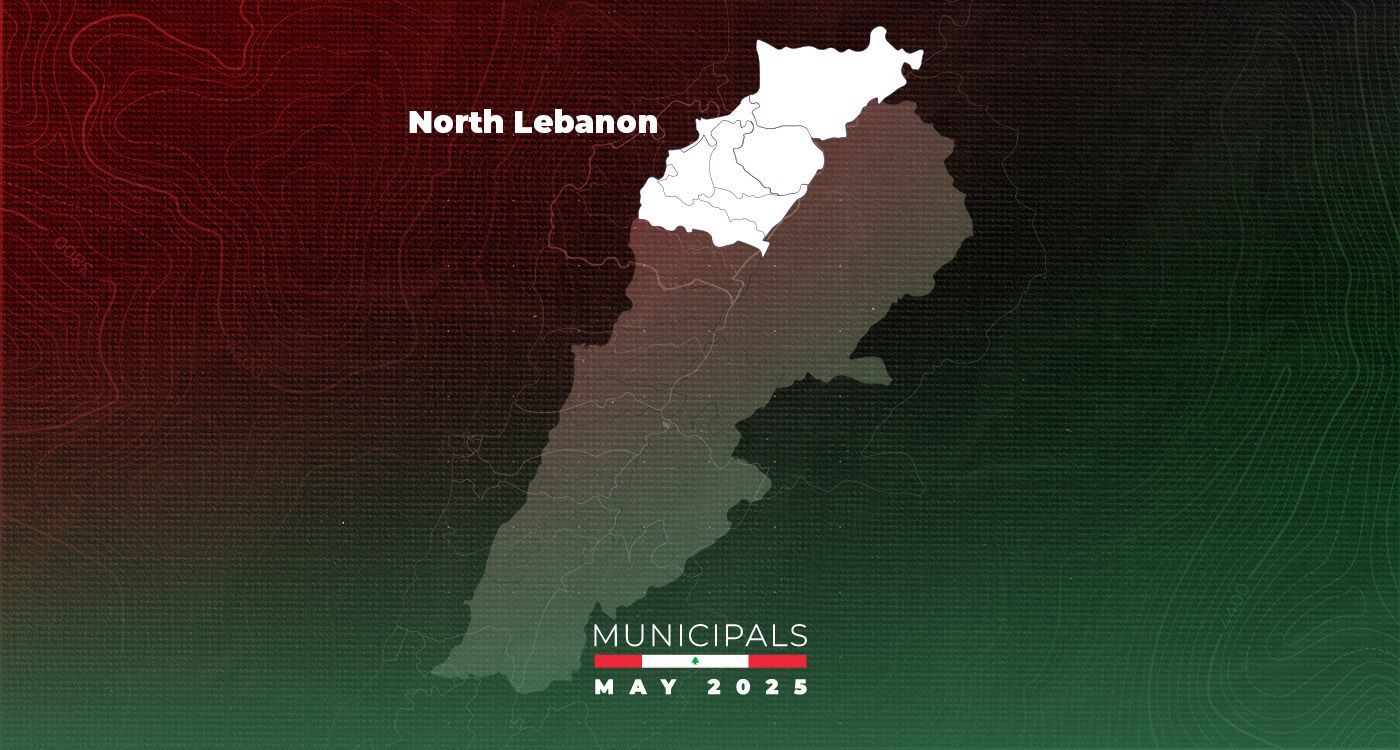- Home
- Highlights
- 2025 Municipal Elections – Day 2: North Lebanon Seeks Political Direction

©This is Beirut
After Mount Lebanon, voters in North Lebanon now head to the polls to elect their municipal councils and mukhtars. Nearly one million Lebanese citizens—981,634 to be exact—are eligible to vote for 288 municipal councils, totaling 3,351 council members, as well as 821 mukhtars.
Politically, North Lebanon is divided into two main blocs: the Sunni-majority areas of Akkar, Minyeh-Denniyeh and Tripoli, and the Christian-majority districts of Batroun, Koura, Zgharta and Bcharre.
Hariri: The Notable Absence
In the Sunni community, particularly in Tripoli, the absence of strong leadership defines this election. The political withdrawal of former Prime Minister Saad Hariri and his Future Movement over the past few years has led to a leadership vacuum. Local notables are stepping in to fill this gap, forming tactical alliances that often do not align with the broader national political landscape. In Tripoli, 188 candidates have officially registered for the city’s single municipal council, which has only 24 seats. The participation of Christian and Alawite minorities remains a central issue in Tripoli and Mina.
Family Influence in Akkar and Minyeh-Denniyeh
In Akkar, one of Lebanon’s largest and most impoverished districts, and in Minyeh-Denniyeh, electoral contests are largely driven by family and clan influence. In some areas, political divides are central to the competition, as seen in Minyeh-Nabi Youchaa and Bakhaoun, where two opposing lists are backed by different political figures, including current and former MPs from rival factions. In other areas, family consensus prevails: 13 out of 37 municipal councils in Minyeh-Denniyeh and 44 out of 134 in Akkar were elected uncontested.
Christian Districts: Strengthening Local Influence Ahead of the 2026 Parliamentary Elections
In the Christian-majority regions of the North, the political landscape mirrors the struggles seen last Sunday in Mount Lebanon. The Free Patriotic Movement (FPM) is on the decline, often overshadowed by influential families, while the Lebanese Forces (LF) and Kataeb Party seek to establish dominance within their communities.
In Zgharta, all eyes are on the federation of municipalities. Twenty-five of the 32 municipal councils are represented, with the Frangieh family having maintained control for the past fifty years. However, Sleiman Frangieh, the Marada Movement leader and unsuccessful presidential candidate, faces a serious challenge to his leadership in Zgharta from Michel Mouawad’s Independence Movement. Backed by other sovereigntist forces, Mouawad aims to secure a majority in the municipal councils.
In Batroun, once a stronghold of the FPM and its leader Gebran Bassil, the actual municipal council president has managed to unite Aounists, the Lebanese Forces, Kataeb and Marada to secure his seat. However, this unlikely alliance is exclusive to Batroun city, with political factions outside the city striving to assert their influence amid traditional power dynamics.
Despite the fragmented coalitions, this second electoral Sunday will provide valuable insight into the political landscape, offering a preview of each actor’s influence. This will be a crucial prelude to the 2026 parliamentary elections, which could prove to be the most significant in Lebanon’s modern history, given the drastic national and regional transformations.







Comments